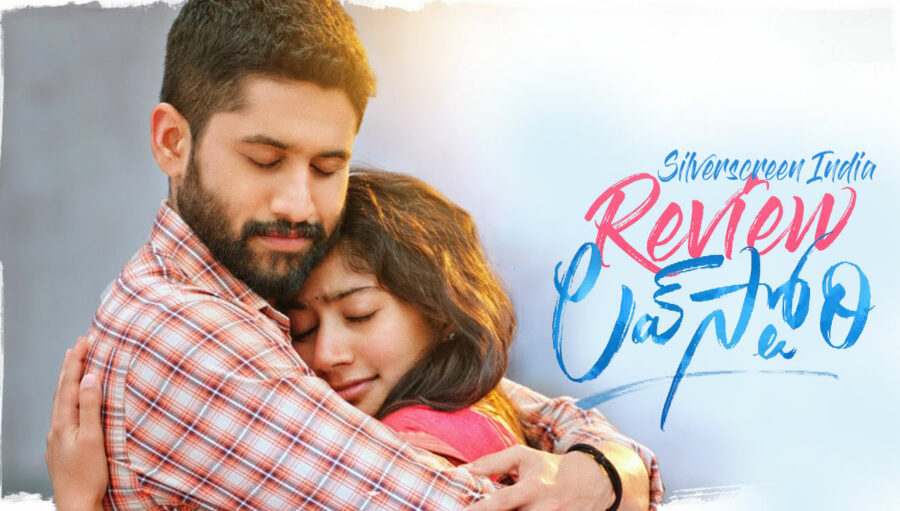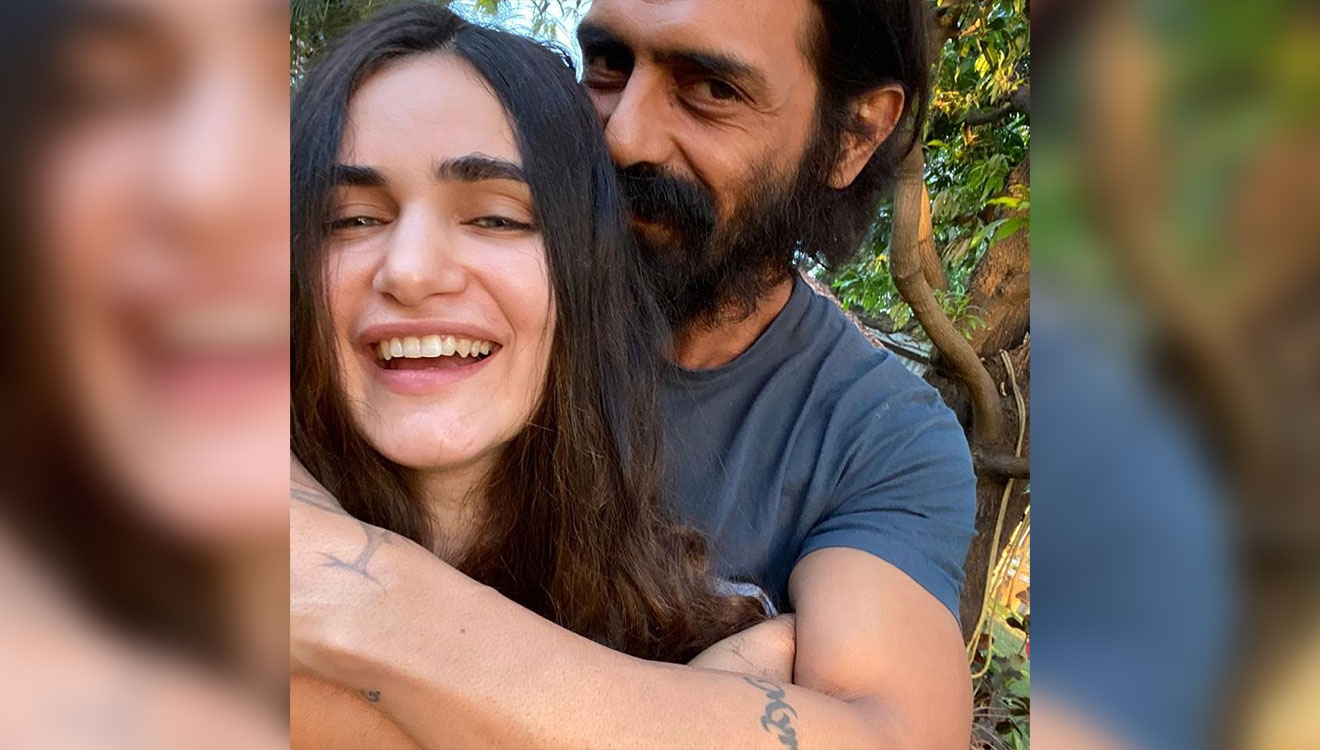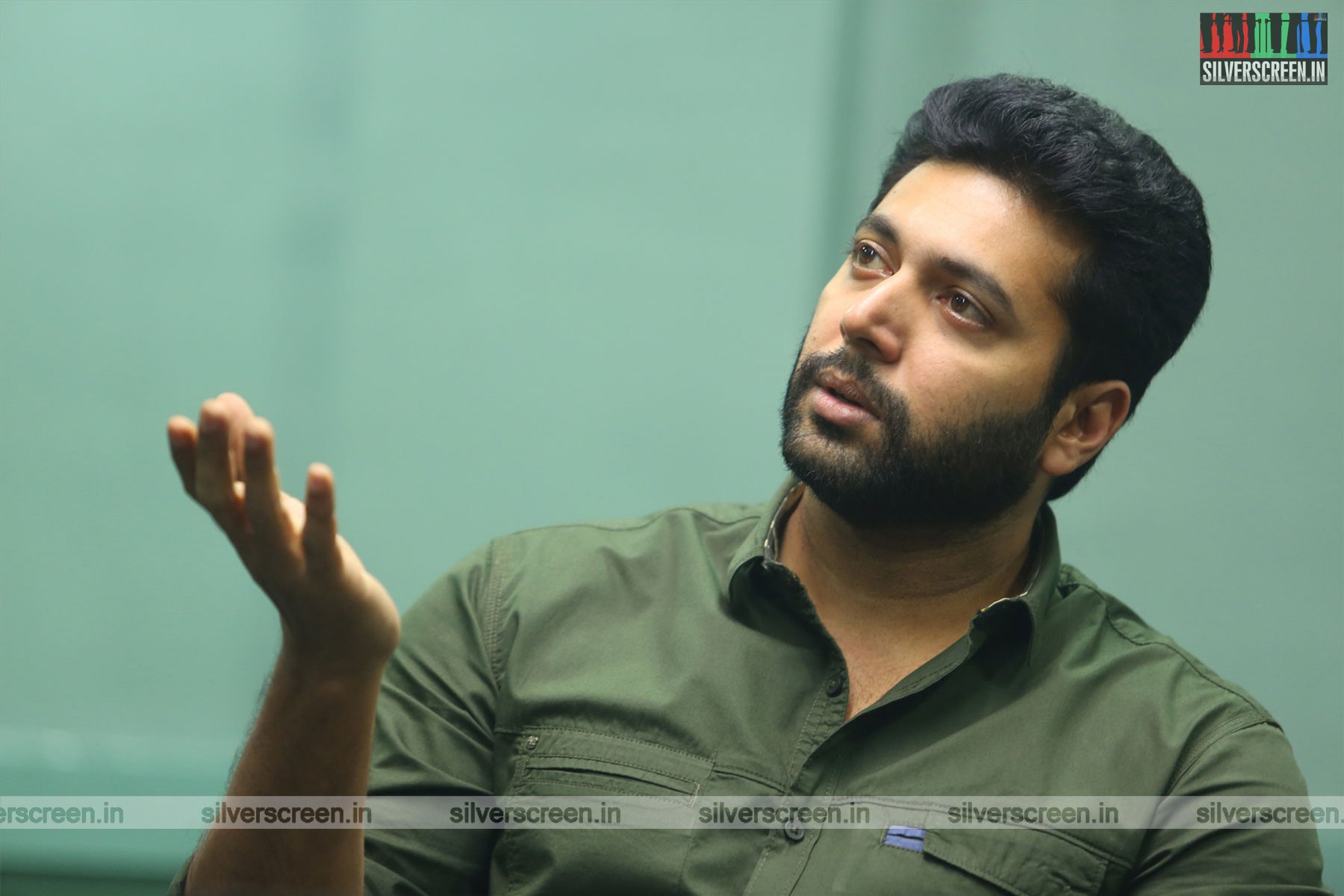Sekhar Kammula seems to have an odd affinity for generic film titles. Happy Days, for one, could be a film about a group of friends vacationing in Europe, or a group of late teenagers waltzing through an engineering college that prepares them not just for job placements at the end of the term but also for ‘Life’. It is a tough guess. Is Godavari a film about the irrigation revolution?
His latest, Love Story, drips of this genericness not just in the title but also in writing. Revanth, a young dancer living in a modest but cosy barsati in Hyderabad, takes a liking for a new girl in the city, Mouni who moves into a house next door. He is rather upbeat for a guy running a loss-making fitness centre. She is a victim of India’s faulty engineering education; she is desperately looking for a job in an industry where she is an unfit candidate. Predictably, the couple becomes friends, business partners and eventually, lovers. No surprises there.
Love Story, however, is where Kammula makes one of the most adventurous decisions in his career. In Fidaa, he rooted for women who want to assert their identity in front of the world. Headlined by Sai Pallavi, Fidaa ended with the NRI hero moving into the woman’s village to marry her, breaking a patriarchal order. Fidaa, however, was sugar-coated enough for the mainstream audience to grant this violation a pass. In Love Story, he presents a hero who doesn’t shy away from expressing his emotional vulnerabilities. Revanth, played by Naga Chaitanya, a popular star, breaks down in tears in front of Mouni (Sai Pallavi), hurt and enraged by a casteist remark she passively throws at him.
Revanth is a Dalit-Christian, brought up by a single mother who worked as a farmhand in her youth and rose to the position of a kindergarten teacher in her village. In the scenes set in Hyderabad, you hardly see the signs of the caste, barring a fleeting moment where he is (clumsily) assisting a friend at cleaning a sewer. Mouni, an upper-caste girl, freely moves around his house, dances with him by the street, at public parks, on over-bridges, throwing caution to the wind. They make plans to build a business together. Kammula makes an interesting choice to use the old city in many scenes ﹣the Charminar and the Purana Pul, an area where the inter-caste couple could hang out without worrying about being spied on by the family. In Kammula’s film, the city is a utopia devoid of caste divides, unlike the village where Revanth and his mother are outliers, barred from entering Mouni’s house.
Soon, Kammula takes a detour from the caste discussion to talk about patriarchy, the root of all evils. Within the heavily-barricaded upper-caste homes, women are preyed on, exploited and hushed down. In a high-octane pre-climactic scene, the women, all but one, form solidarity against the men, not an everyday sight in a mainstream Telugu drama. Although the hero gets to assert his physical power in the climax scene, it is the woman who gets the real moment of dominance. She unshackles herself.
But, despite these fascinating ideas it has about social and gender relations, Love Story does not register as a persuasive film, thanks to Kammula’s shortcomings as a director. For one, consider the scene where Mouni walks to Revanth’s Zumba class on a rainy evening and shows him her dancing talent. The music is so loud that it distracts the audience from sensing the situation. What must a group of ordinary people at a Zumba class feel about a stranger walking in, dramatically taking off her dupatta and dancing in the rain to no real music? Switching between realism and fantasy is not unusual in Indian mainstream cinema. But here, it is poorly handled. In one close shot, you see Mounika trying to lip-sync to the song, but she does not for the rest of the sequence. The song remains non-diegetic.
The growth of their friendship is portrayed in a generic montage, where they dance on rooftops and public roads, and not through real scenes that require solid writing. As a result, you don’t understand either of them well enough. And the film looks crude. The CG images look like the work of an angry underpaid artist. In some portions, there is an obvious mismatch between the actors’ lip-sync and the dialogues. The cinematography relies on unreasonably saturated images and flat lighting, and the music, too loud that it overpowers the rest of the narrative elements.
Recommended
The lead actors, Sai Pallavi and Naga Chaithanya, deliver earnest performances that cover up a lot of these rough edges. Especially the former, an exceptional dancer and an evocative performer who convinces you of the myriad emotions her character goes through even though the devices the film uses are painfully unimaginative. For one, the trauma Mouni carried forward from her childhood is repeatedly expressed using her fear of riding pillion on a motorbike and chocolates. Unlike most recent Telugu dramas, Love Story gives senior female artists like Easwari Rao, who plays a perky school teacher, and Devayani, who plays Mounika’s mother, meaningful scenes to perform.
The box-office is unlikely to celebrate Love Story, for its crudeness, but more importantly, for its betrayal of the Telugu cinema’s idea of a hero. But it signifies a major ideological leap by Kammula, a filmmaker who rose to prominence through films that were founded on easily digestible expressions of romance.
*****
This Love Story review is a Silverscreen original article. It was not paid for or commissioned by anyone associated with the movie. Silverscreen.in and its writers do not have any commercial relationship with movies that are reviewed on the site.



